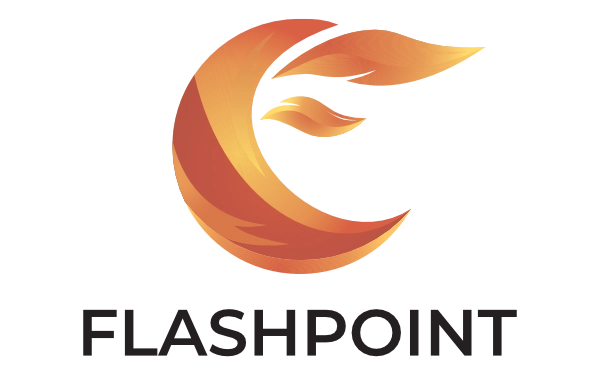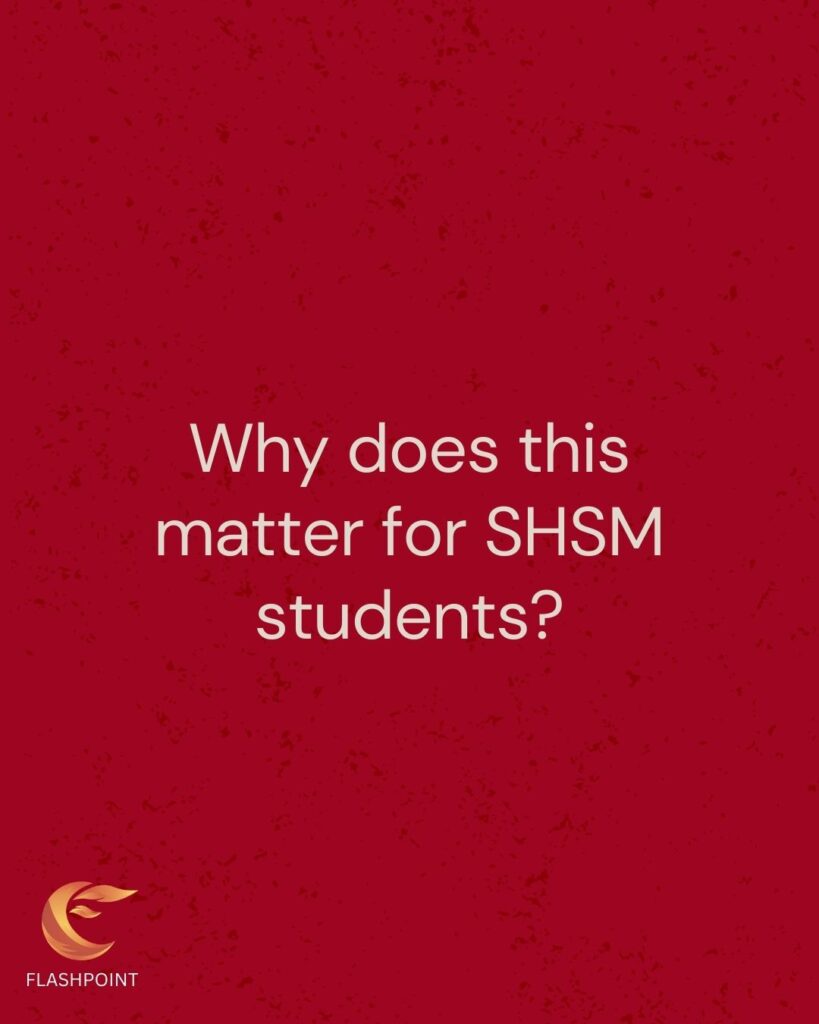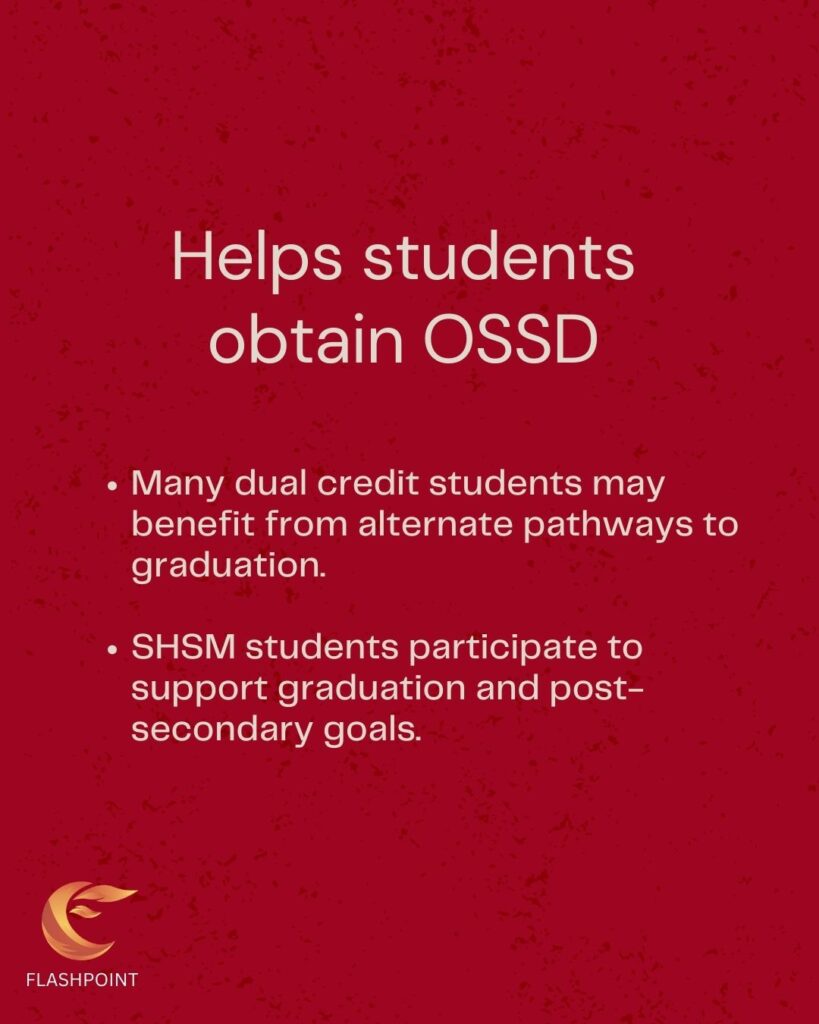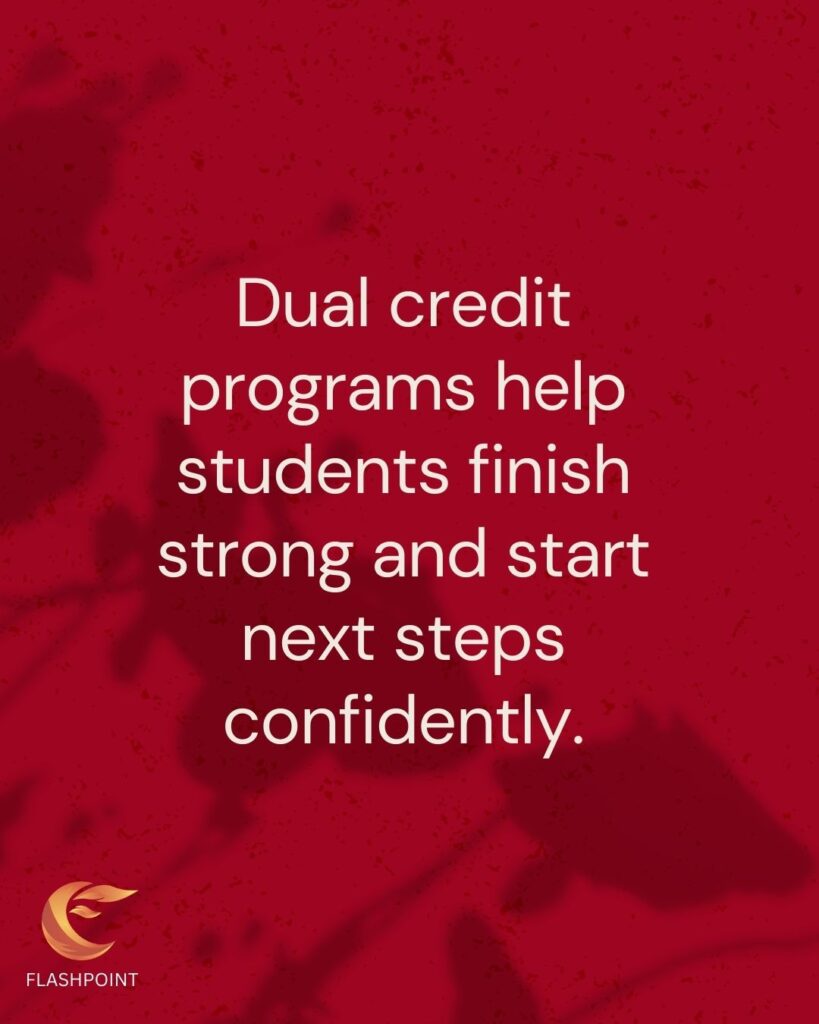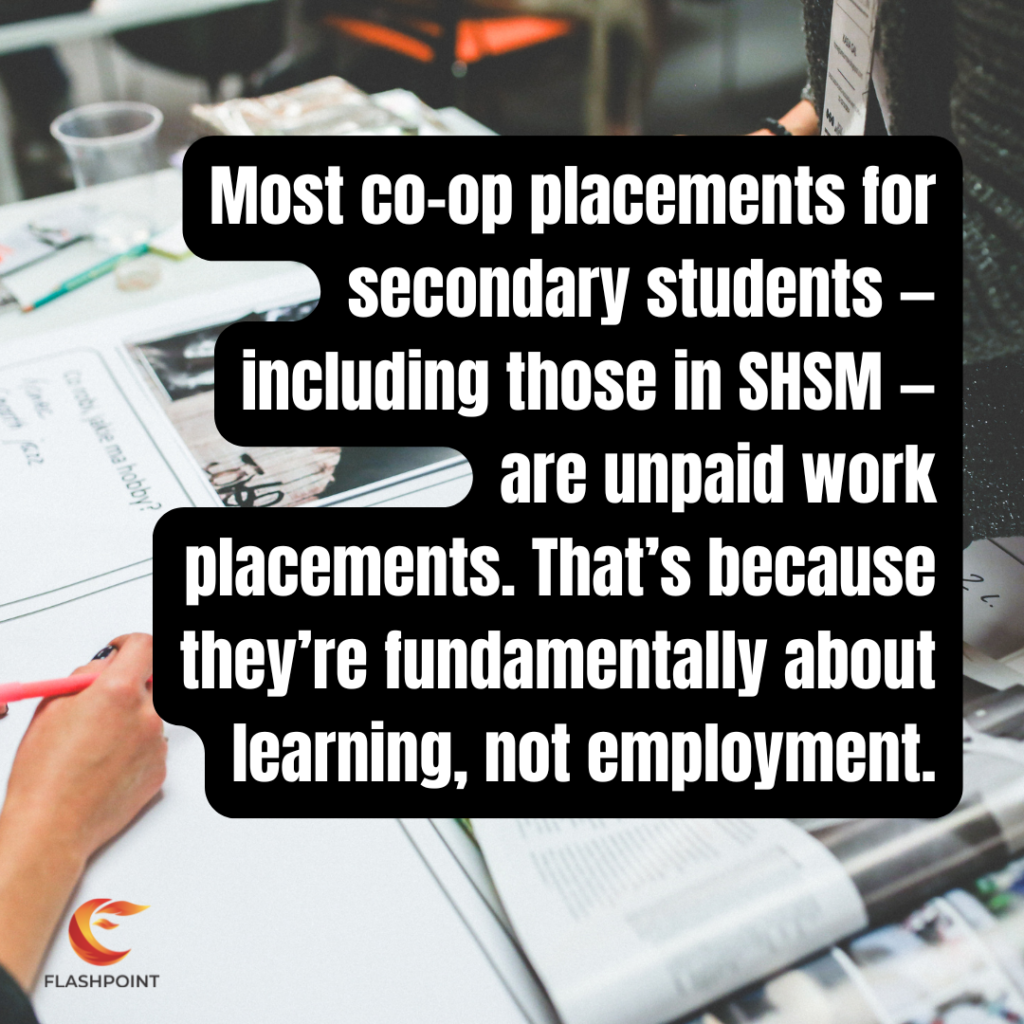Experiential learning is a cornerstone of the Specialist High Skills Major (SHSM) program. Through sector-specific placements, certifications, and authentic workplace experiences, SHSM connects classroom learning to real career pathways and helps students make informed postsecondary decisions.
However, because SHSM operates at the intersection of curriculum expectations, sector standards, workplace safety, and Ministry policy, it is also one of the areas where compliance concerns most often emerge.
The reality is this: most SHSM compliance issues are not caused by poor programming or lack of commitment. They usually stem from small gaps — incomplete documentation, weak sector alignment, or assumptions about what qualifies as acceptable SHSM evidence. Unfortunately, during reviews, even minor oversights can have significant consequences for student SHSM completion, program credibility, and staff workload.
Why SHSM Compliance Matters More Than Ever
The Ontario Ministry of Education is explicit that SHSM programming must meet specific policy requirements in order for students to earn their SHSM designation. Boards are required to maintain clear evidence that SHSM components are:
- Sector-specific and intentional
- Directly connected to curriculum expectations
- Appropriately supervised and assessed
- Fully documented
This documentation feeds into:
- Student SHSM records and transcripts
- Board-level monitoring and reporting
- Ministry reviews and audits
When compliance issues arise, the impact is rarely isolated. One weak or poorly documented SHSM experience can trigger broader program scrutiny. (Ontario Ministry of Education, SHSM Policy and Implementation Guide)
Risk #1: Incomplete or Inconsistent SHSM Documentation
What This Looks Like
- Missing or partially completed learning plans
- Unsigned documentation (student, employer, or teacher)
- Safety training or certifications not properly recorded
- Assessment evidence stored informally or inconsistently
Why It’s a Problem
The Ministry requires that all SHSM experiential learning include documented learning goals, tasks, supervision, and assessment. Without clear documentation, there is no formal proof that SHSM learning occurred — even if the experience was meaningful.
During audits, undocumented learning is treated as non-existent learning. (Ontario Ministry of Education, SHSM Policy and Implementation Guide).
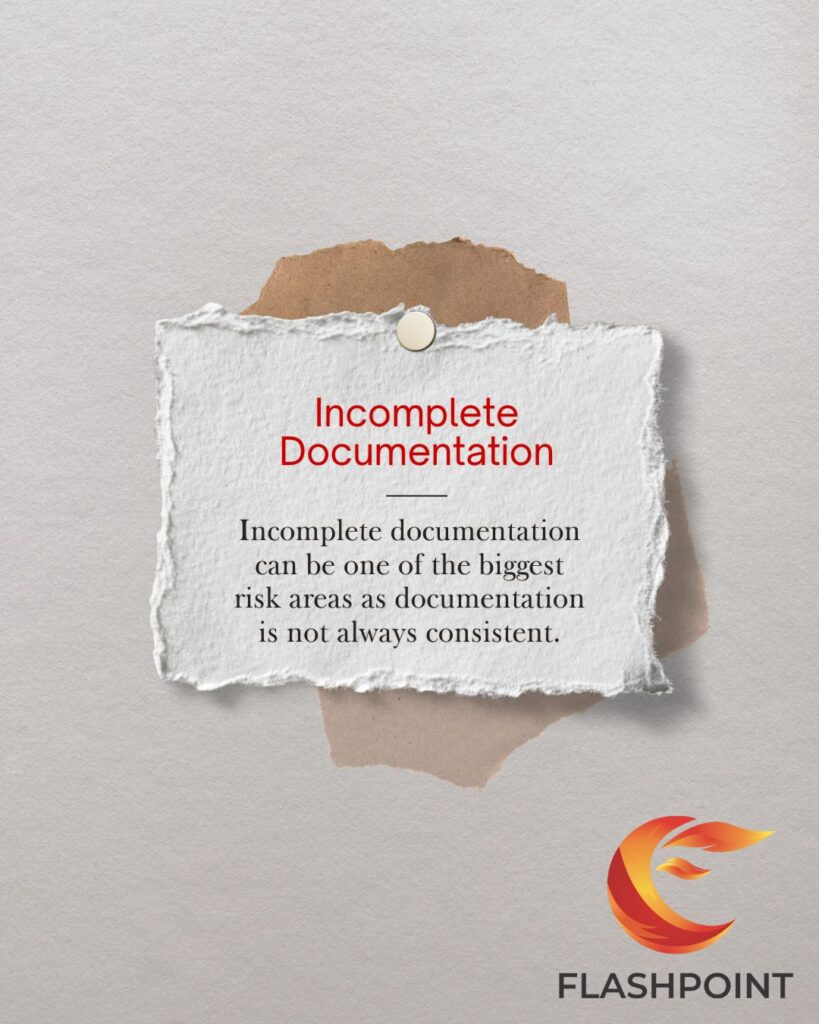
How to Avoid It
- Use standardized SHSM templates across your school or board
- Create a pre-placement checklist for SHSM requirements
- Store all SHSM documentation in one consistent location
- Conduct mid-semester file checks instead of waiting until the end
Review-Proofing Tip:
If it isn’t signed, dated, and retrievable, it doesn’t exist.
Risk #2: Weak Sector Alignment
What This Looks Like
- SHSM experiences approved because they are convenient
- Tasks that are generic or unrelated to sector outcomes
- Employers unclear about SHSM expectations
Why It’s a Problem
SHSM requires that experiential learning directly support sector-specific knowledge and skills. Experiences that provide general work exposure but do not align with sector outcomes may not meet SHSM requirements. (Ontario Ministry of Education, SHSM Policy and Implementation Guide)
For example:
- A health SHSM student doing only clerical tasks
- A construction SHSM student with no exposure to tools, processes, or safety practices
- A business SHSM student with no engagement in planning, communication, or operations
How to Avoid It
- Review sector alignment before approval
- Ask employers what skills students will practice daily
- Explicitly link tasks to sector outcomes and curriculum expectations
- Adjust placements early if alignment weakens
Teacher Check:
An experience doesn’t need to be perfect — but it must be defensible.
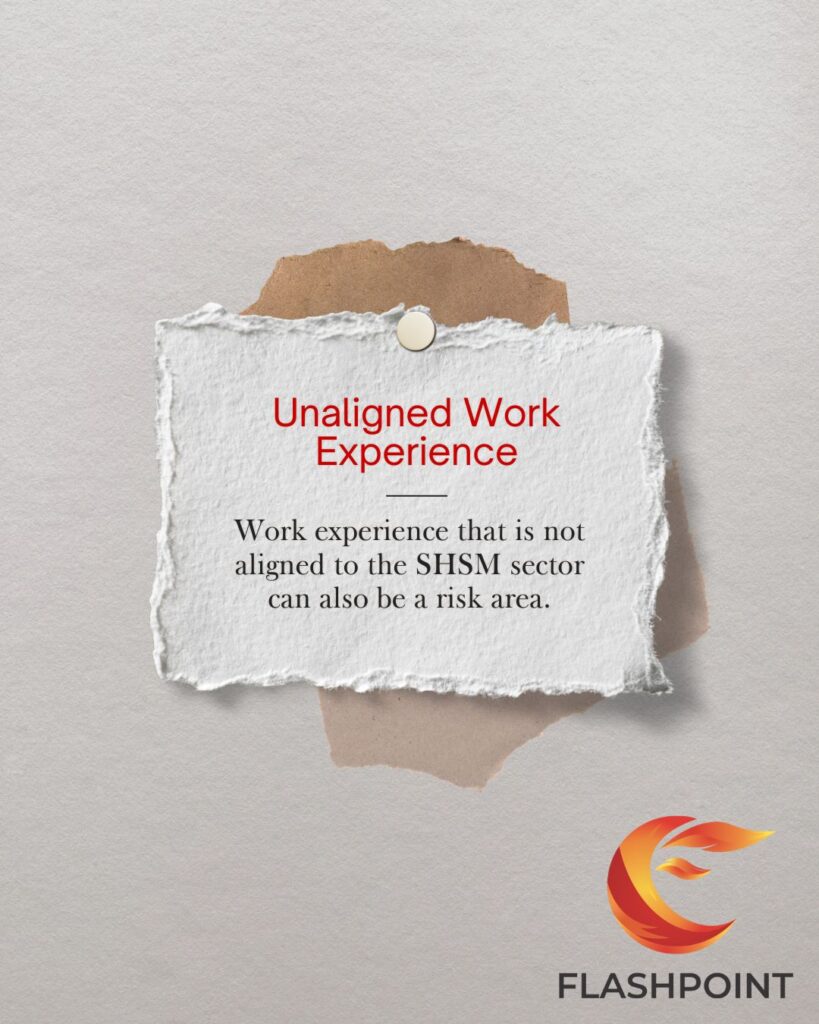
Risk#3: Assuming Experiences Automatically “Count” Toward SHSM
What This Looks Like
- Students assuming any work experience qualifies
- Retroactive approval of experiences
- Learning plans created after experiences begin
Why It’s a Problem
SHSM experiences must be approved in advance, tied to a SHSM course, and supported by documented learning plans and assessment. Experiences that lack these elements cannot be retroactively converted into SHSM requirements. (Ontario Ministry of Education, SHSM Policy and Implementation Guide)
How to Avoid It
- Clarify SHSM expectations with students early
- Require approval before experiences begin
- Apply the same documentation and assessment standards to all SHSM experiences
Risk #4: Weak or Missing Assessment Evidence
What This Looks Like
- Minimal employer feedback
- Limited student reflection
- Assessment focused on completion rather than learning
Why It’s a Problem
SHSM is not a participation badge. Teachers must be able to demonstrate skill development, reflection, and achievement aligned to curriculum and sector expectations. Hours or attendance alone do not demonstrate learning. (Ontario Ministry of Education, Growing Success)
How to Avoid It
- Use structured reflection prompts
- Collect artifacts such as logs, photos, and supervisor feedback
- Align rubrics with curriculum and sector outcomes
- Schedule check-ins that generate evidence, not just conversation
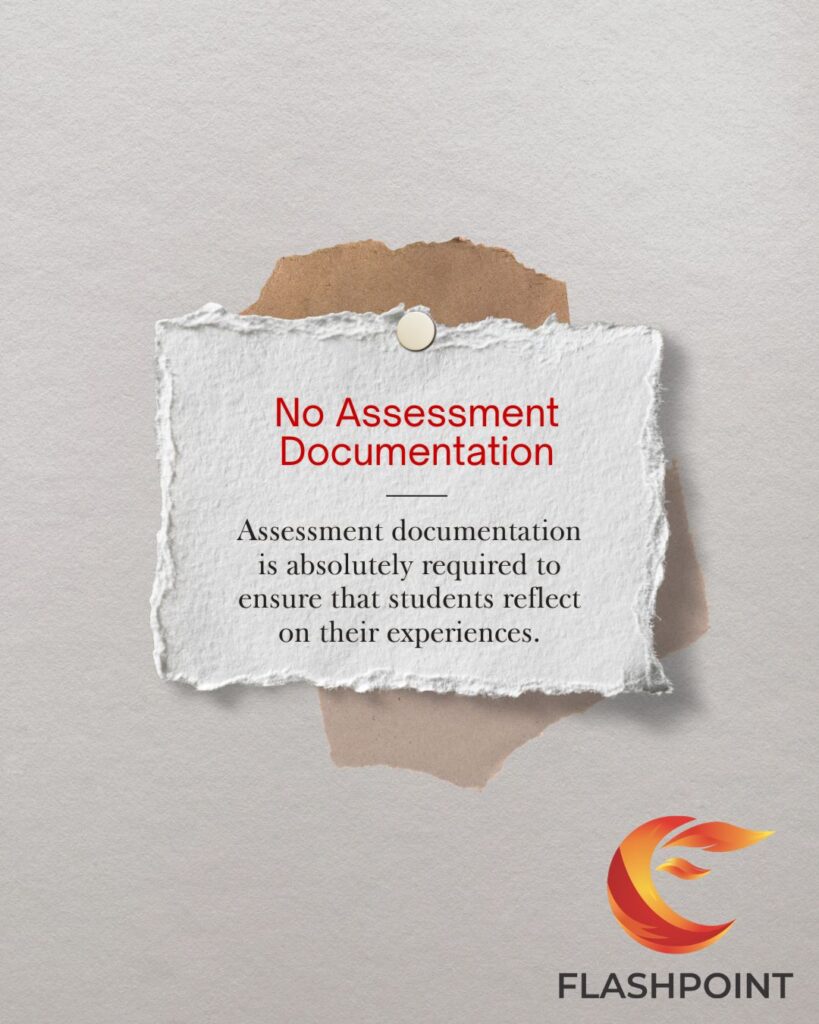
Risk #5: Waiting Until a Review or Audit to Fix Problems
What This Looks Like
- Scrambling for missing documents
- Rewriting learning plans after completion
- Inconsistent records across students
Why It’s a Problem
Reviews and audits assess existing evidence — not intentions. Late fixes often raise more concerns than they resolve.
How to Review/Audit Proof Your SHSM Program
- Build routine compliance checks into each semester
- Share responsibility across SHSM teams
- Train new teachers early on SHSM documentation expectations
- Keep systems simple, consistent, and repeatable
Quick SHSM Compliance Checklist
✔ Experience aligned to SHSM sector
✔ Learning plan completed before start
✔ Safety training documented
✔ Ongoing assessment evidence collected
✔ Employer feedback recorded
✔ All documents stored centrally
Conclusion: SHSM Compliance Needs to Be Embedded into Processes
SHSM compliance isn’t about bureaucracy — it’s about incorpating it as part of your SHSM processes.
When SHSM experiences are well-aligned, well-documented, and well-assessed, they stand up to scrutiny and deliver meaningful value to students.
With clear systems and shared understanding, SHSM compliance becomes manageable, defensible, and sustainable — even in the face of audits and policy change.
____________________________________________
Flashpoint: Committed to Excellence & Education
To support teachers and school boards in strengthening their understanding of SHSM roles and responsibilities, we, in collaboration with educational partners, will be launching a new professional learning course series in April 2026. This series is designed to support effective, compliant, and sustainable SHSM programming across Ontario. Courses will be available online starting at just $50 per participant. We also can provide live training sessions.
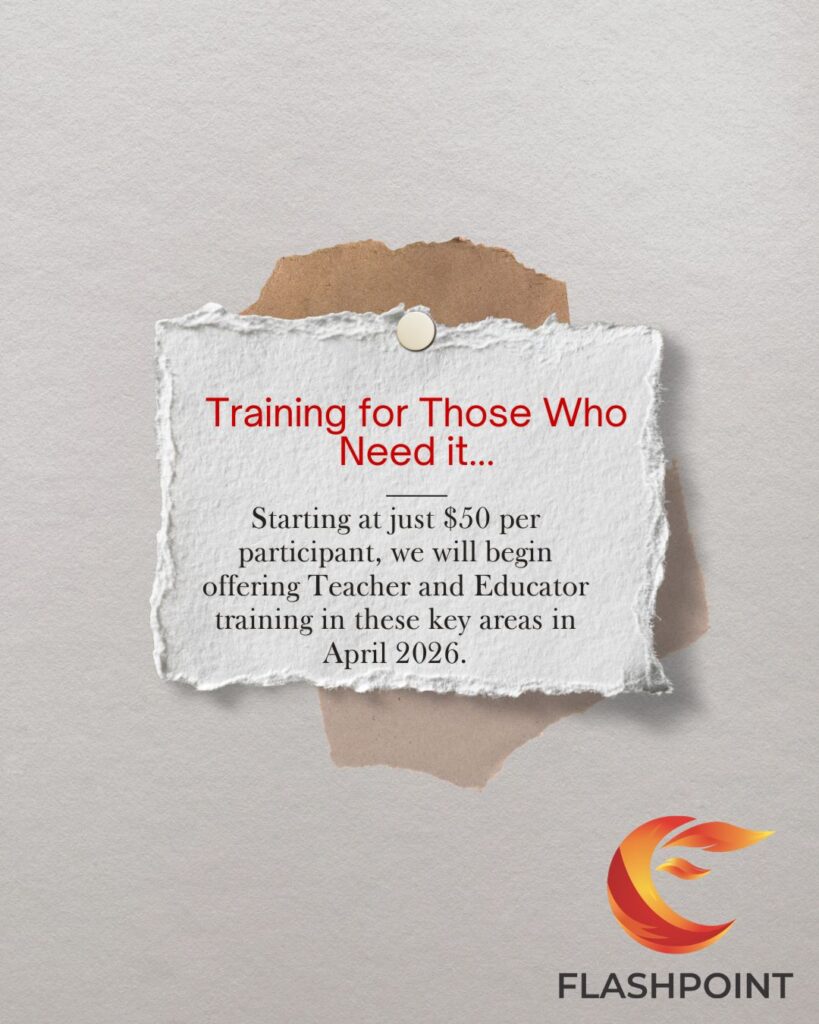
a. SHSM 101: Understanding My Role as a SHSM Teacher
This course provides Ontario educators with a clear and practical introduction to the Specialist High Skills Major (SHSM) program as outlined by the Ontario Ministry of Education. Participants will explore the purpose and structure of SHSM, its role within Ontario secondary education, and how it supports student pathways to apprenticeship, college, university, and the workplace. The course highlights how classroom instruction, experiential learning, and sector-specific programming work together to meet both curriculum expectations and Ministry policy requirements, positioning SHSM as an integrated component of student learning rather than an add-on program.
Teachers will examine their specific responsibilities within SHSM delivery in Ontario schools, including collaboration with SHSM leads and guidance staff, supporting students through program requirements, and aligning instructional and assessment practices with Ministry expectations. By the end of the course, participants will have a clear understanding of how their role contributes to student success, program quality, and the integrity of SHSM implementation within the Ontario education system.
b. Foundations of SHSM Compliance and Documentation
This course supports Ontario educators in understanding the compliance and documentation requirements of the Specialist High Skills Major (SHSM) program as outlined by the Ontario Ministry of Education. Participants will examine Ministry expectations related to SHSM credits, experiential learning, sector alignment, assessment, and record-keeping, with a focus on the evidence required to support student SHSM completion. The course emphasizes that compliance is not simply an administrative task, but a critical component of program integrity, student protection, and Ministry accountability.
Teachers will explore common compliance risks identified in SHSM implementation, including documentation gaps, misalignment with sector outcomes, and inconsistent assessment practices. Practical strategies will be shared to help teachers establish clear, manageable systems that support consistency, transparency, and audit readiness within Ontario school boards. By the end of the course, participants will be better equipped to maintain accurate, defensible SHSM records and to confidently
c. Designing Effective SHSM Learning Experiences
This course supports Ontario educators in designing Specialist High Skills Major (SHSM) learning experiences that are both meaningful for students and aligned with Ontario Ministry of Education expectations. Participants will explore what high-quality, sector-specific SHSM learning looks like in practice, with an emphasis on intentional planning, clear alignment to curriculum expectations, and authentic connections to industry sectors. The course reinforces the importance of designing SHSM experiences that support students’ pathway development while meeting program requirements.
Teachers will examine strategies for translating SHSM policy and sector outcomes into well-designed learning experiences that are realistic, defensible, and responsive to student needs. Through practical examples and guided reflection, participants will develop tools to plan, refine, and evaluate SHSM learning experiences that demonstrate clear learning, skill development, and alignment with Ministry standards. By the end of the course, teachers will be better equipped to design SHSM learning that strengthens both student outcomes and program quality within Ontario schools.
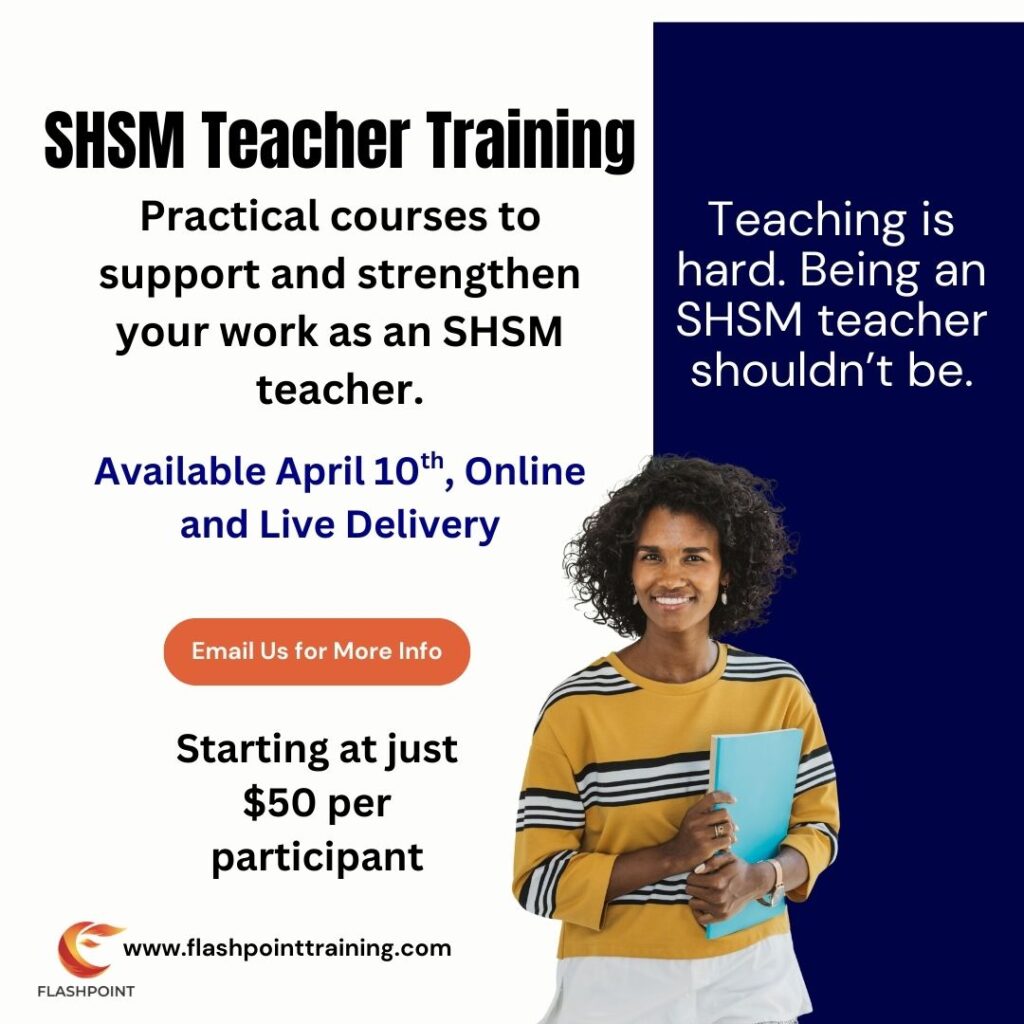
Comments or questions? Interested in learning more?
Drop a line to hello@flashpointtraining.com and we will send you more information or add you to our course waiting list.
